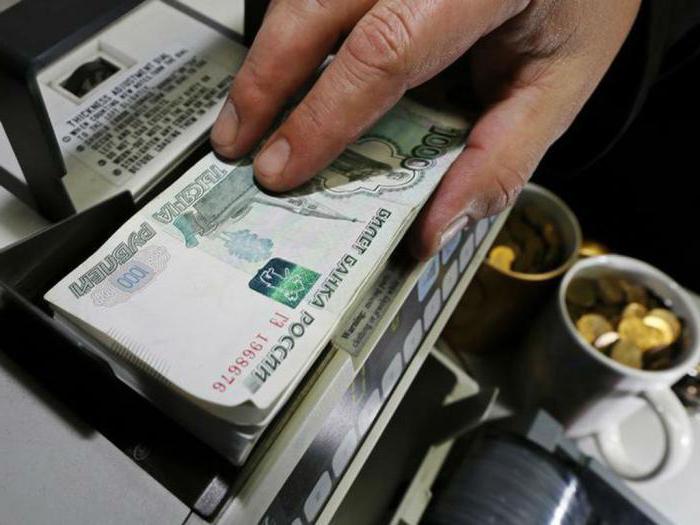For many years, maintaining the borders of the currency corridor was guaranteed by the interventions of the Central Bank of Russia. Currently, the regime is freely floating ruble. The frequency and volume of interventions by the Central Bank of the Russian Federation have declined, but so far there has been no talk of a complete rejection of this method of influence. How effective can this practice be considered and what results have its application brought in the past?
General concept
One of the most important tools in the arsenal of state financial authorities is foreign exchange intervention. The Central Bank of the Russian Federation has intensively used them in the past and currently reserves the right to use this method of influencing the ruble exchange rate. Operations of central banks in order to keep national currencies within a certain framework are practiced in many countries of the world.
The intervention mechanism is quite simple. The price level in the free market depends on the balance of supply and demand. The appearance on the trading floor of a large buyer who wants to purchase a large amount of currency provokes a sharp increase in the exchange rate. The arrival of a seller on the market with the ability to satisfy demand in any quantity causes a drop in prices.
In most cases, central banks use government foreign exchange reserves to conduct interventions. The CBR is no exception. By changing the level of strategic currency reserves, one can indirectly judge the extent of interventions. As a rule, central banks prefer to keep secret the amount of money that they use in their operations on exchanges. However, the media often publish data on CBR interventions.
Kinds
The actions of financial authorities aimed at adjusting the national currency may be carried out on public stock exchanges or on the interbank market. Transactions concluded directly with credit organizations are more secretive and confidential. Interventions are direct and indirect. In the first case, central banks carry out operations on their own behalf, in the second, they entrust them to commercial financial institutions. The advantage of indirect interventions is that they are a surprise to participants in foreign exchange trading. This increases their effectiveness.
Influence
The success of the main regulator of financial markets in controlling the national currency depends on many factors. To achieve the desired result in the long run, the presence of impressive amounts of cash reserves is not enough. An example is the currency intervention of the Central Bank of the Russian Federation that took place in the midst of the economic crisis of 2008. This time was a unique period, demonstrating the shortcomings of the state financial policy. Despite the multi-billion dollar cost of maintaining the ruble, the national currency exchange rate fell significantly in accordance with the mood of market participants. This situation helped to realize that currency interventions by the CBR are not only large-scale purchases or sales on the exchange. Effective influence on the national currency rate requires a whole range of measures. Large investors and participants in the foreign exchange market will not be subject to panic attacks only if there is a sound and consistent state economic policy.
Other methods
In world practice, the so-called verbal interventions are widespread. The Central Bank of the Russian Federation only in the last few years has begun to fully master this method of influencing the foreign exchange market.The essence of this method is to try to influence the mood of investors and speculators through public statements by official representatives of the central bank or the Ministry of Finance. Authorized officials threaten to intervene or harshly express their opinion on the excessive weakening or strengthening of the national currency. This method of exposure is simple and lacks any costs from the state, but does not guarantee the achievement of the result. Speculators listen to the words of representatives of the central bank only if the financial authorities are respected.